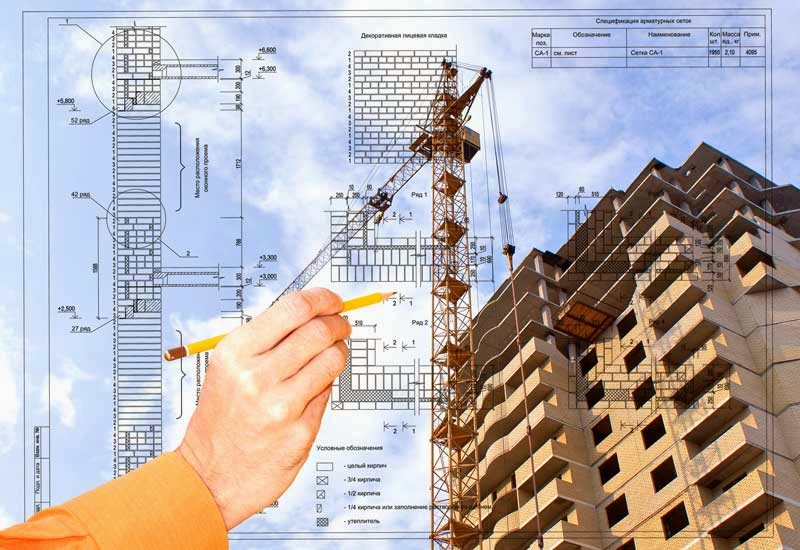The role of a bookkeeper and the specific tasks they perform can vary from trade to trade within the construction industry due to the unique characteristics, regulatory requirements, and financial considerations associated with each trade. Here are some ways in which bookkeeping practices may differ among different construction trades:
- Residential Construction vs. Commercial Construction:
-
- Residential Construction: Bookkeepers in residential construction may deal with a higher volume of smaller projects, such as single-family homes or small residential renovations. They often need to manage billing for individual homeowners and handle expenses related to subcontractors, materials, and labor.
- Commercial Construction: In commercial construction, projects are typically larger and more complex. Bookkeepers may need to manage multiple subcontractors, extensive project budgets, and detailed progress billing for commercial clients.
- Specialized Trades:
-
- Plumbing, Electrical, HVAC, etc.: Trade-specific bookkeepers may need to track inventory of specialized parts and equipment, manage service contracts, and handle invoicing for both installation and maintenance services.
- General Contractors vs. Subcontractors:
-
- General Contractors: General contractors often have broader financial responsibilities, including overseeing the finances of the entire project, managing subcontractor payments, and dealing with client billing and contracts.
- Subcontractors: Subcontractors may focus more on tracking project expenses and efficiently billing the general contractor for their services.
- Heavy Construction vs. Specialty Trades:
-
- Heavy Construction: Bookkeepers in heavy construction (e.g., road construction, bridges) may need to manage equipment depreciation, maintenance schedules, and track fuel costs, in addition to the usual project expenses.
- Specialty Trades (e.g., roofing, concrete, painting): Specialty trades may have unique invoicing needs and expenses associated with specialized materials and equipment.
- Union vs. Non-Union Labor:
-
- Union Trades: In trades with unionized labor, bookkeepers must ensure compliance with union agreements, including accurate reporting of wages, benefits, and union dues.
- Non-Union Trades: Non-union trades may have different labor-related accounting requirements.
- Regulatory and Licensing Requirements:
-
- Certain construction trades may have specific licensing and regulatory requirements that impact how bookkeeping is conducted. Bookkeepers need to stay updated on these regulations to ensure compliance.
- Tax Considerations:
-
- Different trades may have varying tax implications, such as different depreciation schedules for equipment or specific deductions related to certain types of work.
- Subcontractor Relationships:
-
- Depending on the trade, subcontractor relationships and payment schedules may vary. Bookkeepers need to manage these relationships effectively, ensuring that subcontractors are paid promptly and accurately.
- Materials Management:
-
- Trades that heavily rely on specific materials (e.g., masonry, carpentry) may require bookkeepers to closely manage inventory, monitor material costs, and track usage.
- Insurance and Bonding:
-
- Certain trades may require specialized insurance coverage and bonding, and bookkeepers need to handle the financial aspects of these requirements.
- Technology and Tools:
-
- Some trades may rely more on specific software or tools for job costing, project management, and billing.
In summary, while there are common accounting and bookkeeping principles that apply across the construction industry, the specific duties of a bookkeeper can vary significantly depending on the trade. A skilled bookkeeper should have a deep understanding of the unique financial aspects and requirements of the particular construction trade they are working in to provide effective financial management.


